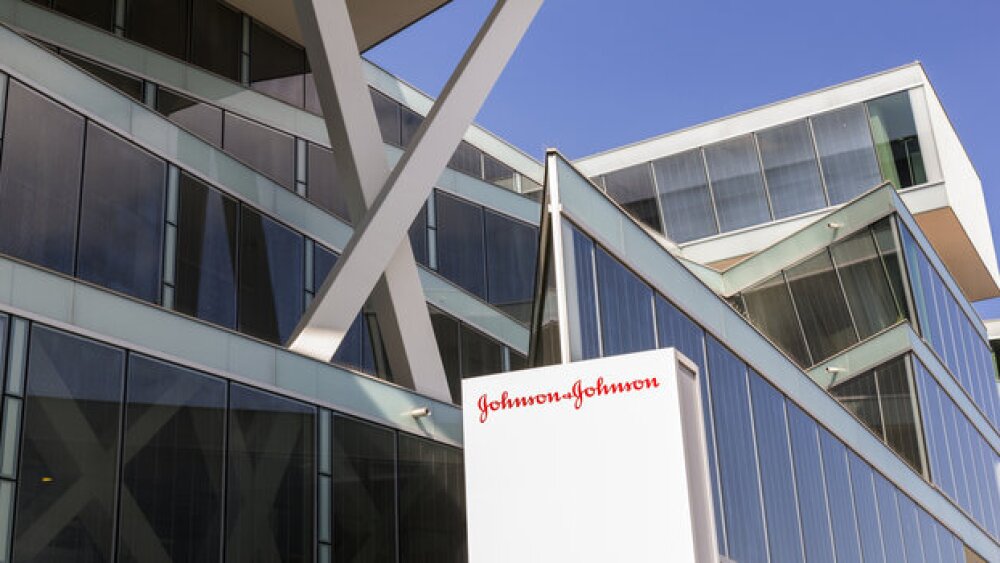Cellino is a closed loop cell therapy manufacturing company that aims to make stem cell-based regenerative therapies available to all eligible patients and researchers using cells in clinical research.
Cellino Biotech announced today that they have completed Series A financing of $80 million led by the impact investment arm of Bayer AG, Leaps by Bayer, 8VC, and Humboldt Fund and includes new investor Felicis Ventures. Bayer AG’s funding totals Cellino’s investments to $96 million in the goal to produce cells without human intervention.
Cellino is a closed loop cell therapy manufacturing company that aims to make stem cell-based regenerative therapies accessible and available to all eligible patients and researchers using cells in clinical research. Making these therapeutics more accessible will enable the treatment, prevention, and potential reversal of diseases that currently do not have standardized or efficient care. Large scale production of such therapies is challenging for a number of reasons, including variability and expensive manufacturing.
Cellino’s platform provides a unique approach to overcoming these challenges by combining artificial intelligence (AI) and laser technology to automate cell reprogramming, expansion, and differentiation in closed cassette format. AI helps to identify subpar cells, such as cells that do not meet the biological standards of regenerating tissue during the manufacturing process, while their laser-based cell editing system removes the subpar cells. These approaches allow for the parallel processing of thousands of patient samples in a single facility while reducing manual handling and the expense and variability of manufacturing which can inhibit scalable production.
“It’s cumbersome therapy. It’s not like popping a pill or getting an injection. Cell therapies are quite labor-intensive,” said Juergen Eckhardt, MD, Head of Leaps by Bayer, in a press release. “That’s where Cellino comes in. Their mission is to automate most of the labor work in cell manufacturing, and through that automation really allow a scaling of that technology.”
The new investment intends to magnify Cellino’s software, machine learning, and hardware capabilities for end-to-end manufacturing of autologous (made from a patient’s own cells) and allogenic (made from a donor’s cells) stem cell-based therapies to significantly increase patient access to these treatments. The company also has plans to build the first autonomous human cell foundry in 2025.
“We believe that artificial intelligence-driven manufacturing is the next important inflection point towards industrializing cell therapies, which undoubtedly are one of the core technologies to advance biotech from treatment to prevention or disease reversal. Cellino’s truly transformative approach to autonomously manufacture stem cell-based therapies fits precisely with our ambition to regenerate lost tissue function for millions of patients,” said Eckhardt.
Cellino is also building a long-term collaboration with the National Institutes of Health (NIH) to conduct the first autologous induced pluripotent stem cell (iPSC)-derived clinical trial in the United States to evaluate and validate their manufacturing approach and the safety of their cells, led by senior investigator Dr. Kapil Bharti. Cellino plans to develop early-stage good manufacturing practice capabilities for future clinical trial support. The company also stated that it will use the funding to create a robust dataset comparing its stem cells to those derived by other manufacturing techniques.





